Home>Garden Essentials>What Happens If You Eat Chia Seeds Everyday?
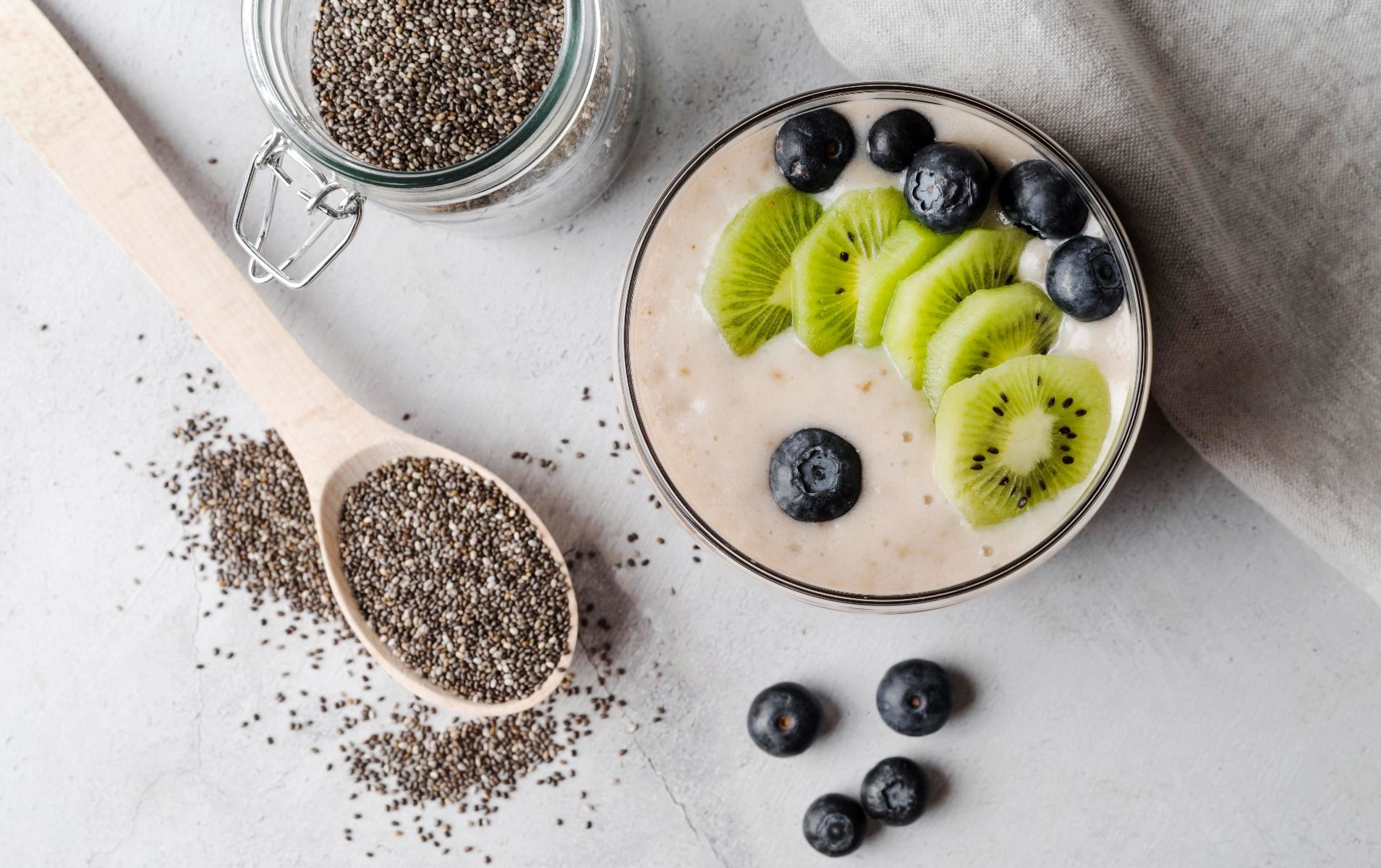

Garden Essentials
What Happens If You Eat Chia Seeds Everyday?
Modified: March 16, 2024
Discover the benefits of incorporating chia seeds into your daily diet. From improved digestion to enhanced energy levels, explore the wonders of this garden gem.
(Many of the links in this article redirect to a specific reviewed product. Your purchase of these products through affiliate links helps to generate commission for Storables.com, at no extra cost. Learn more)
Introduction
Welcome to the world of chia seeds. These tiny powerhouses have gained popularity in recent years for their numerous health benefits. If you’re wondering what happens if you eat chia seeds every day, you’ve come to the right place. In this article, we’ll explore the nutritional profile of chia seeds, the potential health benefits, any side effects to be aware of, and how you can easily incorporate them into your daily diet.
Chia seeds are derived from the Salvia hispanica plant, which is native to Mexico. They are known for their rich nutrient content and have been consumed for centuries by ancient civilizations like the Aztecs and Mayans. Today, chia seeds are recognized as a superfood and are easily accessible in grocery stores and health food shops around the world.
What makes chia seeds so special? These tiny seeds are packed with essential nutrients, including fiber, protein, omega-3 fatty acids, antioxidants, and various vitamins and minerals. Just one ounce (28 grams) of chia seeds provides a significant portion of your daily nutrient requirements.
The health benefits of consuming chia seeds on a daily basis are plentiful. From aiding digestion to supporting heart health, these seeds offer a range of advantages for overall well-being. They can also be a helpful addition to weight management plans, as they promote feelings of fullness and can help curb cravings.
Before incorporating chia seeds into your daily routine, it’s important to be aware of any potential side effects. While chia seeds are generally safe for consumption, some individuals may experience digestive issues or allergies. It’s always a good idea to start with small amounts and gradually increase your intake to see how your body responds.
Now that you have a brief introduction to chia seeds and their potential benefits, let’s delve into the nutritional profile of these tiny powerhouses in the next section.
Key Takeaways:
- Chia seeds are tiny but mighty! Eating them every day can help with digestion, weight management, heart health, and even give you an energy boost. Just start small and listen to your body.
- Chia seeds are super versatile. You can make chia pudding, add them to smoothies, sprinkle them on salads, or even use them as an egg substitute in baking. So many tasty options to explore!
Read more: What Happens If I Eat Chia Seeds Everyday
Nutritional Profile of Chia Seeds
Chia seeds are a nutritional powerhouse, packed with a wide range of essential nutrients. These tiny seeds are loaded with fiber, protein, healthy fats, antioxidants, and various vitamins and minerals.
One ounce (28 grams) of chia seeds contains approximately:
- Calories: 138
- Protein: 4 grams
- Fiber: 11 grams
- Fat: 9 grams (including omega-3 fatty acids)
- Calcium: 177 milligrams
- Magnesium: 95 milligrams
- Iron: 1.6 milligrams
- Phosphorus: 265 milligrams
- Potassium: 44 milligrams
- Vitamin C: 1 milligram
- Vitamin E: 0.2 milligrams
- Vitamin K: 8.6 micrograms
- Niacin: 0.3 milligrams
- Folate: 5.3 micrograms
The high fiber content of chia seeds is particularly noteworthy. Fiber is essential for maintaining a healthy digestive system and can help promote regular bowel movements, prevent constipation, and support overall gut health. Additionally, fiber aids in weight management by increasing feelings of fullness and reducing appetite.
The protein content of chia seeds is also significant, making them an excellent addition to vegetarian or vegan diets. Protein is essential for tissue repair, muscle development, and overall growth and maintenance of the body. It also plays a key role in regulating blood sugar levels and supporting a healthy immune system.
Chia seeds are a rich source of omega-3 fatty acids, which are essential fats that the body cannot produce on its own. Omega-3s are known to have anti-inflammatory properties and are beneficial for brain health, heart health, and reducing the risk of chronic diseases.
Furthermore, chia seeds are a great source of various vitamins and minerals, including calcium, magnesium, iron, phosphorus, potassium, and vitamins C, E, and K. These nutrients are important for maintaining healthy bones, muscles, and overall cellular function.
Now that you have a better understanding of the nutritional profile of chia seeds, let’s explore the potential health benefits of incorporating them into your daily diet.
Health Benefits of Eating Chia Seeds Everyday
Eating chia seeds every day can provide numerous health benefits due to their rich nutrient profile. Here are some of the potential advantages of incorporating chia seeds into your daily diet:
- Improved Digestion: Chia seeds are high in fiber, which adds bulk to the stool and promotes regular bowel movements. This can help prevent constipation and promote a healthy digestive system.
- Weight Management: The combination of fiber and protein in chia seeds can help you feel fuller for longer, reducing overall calorie intake and aiding in weight management. Additionally, chia seeds absorb liquid and expand in the stomach, creating a sense of fullness.
- Heart Health: Chia seeds are rich in omega-3 fatty acids, which have been shown to support heart health by reducing inflammation, lowering triglyceride levels, and regulating blood pressure. Including chia seeds in your diet may help reduce the risk of heart disease and improve overall cardiovascular health.
- Blood Sugar Control: The combination of fiber, protein, and healthy fats in chia seeds can help regulate blood sugar levels. This is particularly beneficial for individuals with diabetes or those at risk of developing the condition.
- Antioxidant Protection: Chia seeds contain antioxidants that help protect the body against free radicals, unstable molecules that can damage cells and contribute to chronic diseases such as cancer and heart disease.
- Bone and Muscle Health: Chia seeds are a good source of important minerals like calcium, magnesium, and phosphorus, which are essential for maintaining strong bones and muscles.
- Brain Health: The omega-3 fatty acids found in chia seeds are beneficial for brain health and cognitive function. They may help improve memory, focus, and overall brain health.
- Skin Health: Chia seeds contain antioxidants that can help protect the skin from damage caused by free radicals. They also provide essential nutrients that support healthy skin, including vitamins E and C.
- Energy Boost: Chia seeds are a great source of sustained energy due to their combination of fiber, protein, and healthy fats. Including chia seeds in your diet can help improve endurance and provide a steady release of energy throughout the day.
- Overall Well-being: The various nutrients in chia seeds work together to support overall health and well-being. Incorporating chia seeds into your daily diet can provide a range of benefits that contribute to a healthier, more balanced lifestyle.
It’s important to note that while chia seeds offer numerous health benefits, they should be consumed as part of a balanced diet and healthy lifestyle. Adding chia seeds to your meals and snacks is a simple and effective way to enjoy their many advantages.
Next, we’ll explore any potential side effects of consuming chia seeds daily to ensure you have a complete understanding of these tiny powerhouses.
Add chia seeds to your diet gradually and drink plenty of water to avoid digestive issues. Stick to the recommended daily intake of 1-2 tablespoons.
Potential Side Effects of Consuming Chia Seeds Daily
While chia seeds are generally safe for consumption, it’s important to be aware of potential side effects, especially if you’re considering eating them every day. Here are some possible side effects to keep in mind:
- Digestive Issues: Chia seeds are high in fiber, and some individuals may experience digestive discomfort such as bloating, gas, or stomach cramps when consuming large amounts. It’s recommended to start with small quantities and gradually increase your intake to allow your body to adjust.
- Allergy or Sensitivity: Although rare, some people may be allergic or sensitive to chia seeds. If you experience symptoms such as hives, itching, or swelling after consuming chia seeds, it’s best to consult with a healthcare professional to rule out any allergies or sensitivities.
- Low Blood Pressure: Chia seeds have blood-thinning properties, which can potentially lower blood pressure. If you have low blood pressure or are taking medications that lower blood pressure, it’s advisable to speak with your doctor before incorporating large amounts of chia seeds into your diet.
- Interaction with Medications: Chia seeds may interact with certain medications, including blood thinners, blood pressure medications, and diabetes medications. If you’re taking any medications, it’s always wise to consult with your healthcare provider before adding chia seeds to your everyday diet.
- Increased Risk of Diverticulitis: Some studies suggest that consuming large quantities of chia seeds may increase the risk of diverticulitis in individuals who already have diverticulosis. Diverticulosis is a condition characterized by pouches in the colon that can become inflamed and infected, leading to diverticulitis.
It’s important to remember that the side effects mentioned above are relatively uncommon and generally occur when consuming chia seeds in excessive amounts. Moderation and listening to your body are key factors in incorporating chia seeds into your daily routine without experiencing adverse effects.
If you have any underlying medical conditions or concerns about consuming chia seeds, it’s best to consult with a healthcare professional before making any changes to your diet.
Now that you’re aware of the possible side effects, let’s explore how you can easily incorporate chia seeds into your daily diet.
How to Incorporate Chia Seeds into Your Daily Diet
Adding chia seeds to your daily diet is simple and can be done in a variety of ways. Here are some ideas to help you incorporate these nutritious seeds into your meals and snacks:
- Chia Pudding: One popular way to enjoy chia seeds is by making chia pudding. Simply mix chia seeds with your choice of liquid such as almond milk or coconut milk, along with sweeteners like honey or maple syrup. Let it sit overnight in the refrigerator, and in the morning, you’ll have a creamy and nutritious pudding.
- Smoothies: Boost the nutritional content of your favorite smoothie by adding a tablespoon or two of chia seeds. The seeds will add a subtle crunch and provide an extra dose of fiber and protein.
- Baked Goods: You can incorporate chia seeds into your baked goods by adding them to muffin, bread, or cookie recipes. They can be mixed into the batter or sprinkled on top for added texture and health benefits.
- Sprinkle on Salads or Yogurt: Add a spoonful of chia seeds to your salads or yogurt for an extra nutritional boost. They will add a slight crunch and enhance the overall texture of your meal.
- Chia Jam: Make a healthier version of jam by combining smashed berries or fruits with chia seeds. The chia seeds will help thicken the mixture and add a dose of fiber and antioxidants.
- Chia Egg Substitute: Chia seeds can be used as an egg substitute in vegan baking. To make a chia egg, mix 1 tablespoon of ground chia seeds with 3 tablespoons of water. Let it sit for a few minutes until it forms a gel-like consistency, and then use it as a substitute for one egg in your recipes.
- Top Your Breakfast Cereal: Sprinkle chia seeds over your morning bowl of cereal or oatmeal to add a nutritional boost. The seeds will provide a satisfying crunch and increase the fiber and protein content of your breakfast.
- Homemade Energy Bars: Make your own energy bars by combining chia seeds with nuts, dried fruits, and sweeteners like honey or dates. These bars make for a convenient and nutritious snack on the go.
Remember to drink plenty of water when consuming chia seeds, as they absorb liquids and can help keep you hydrated. Start with small amounts and gradually increase your intake to see how your body responds.
Incorporating chia seeds into your daily diet can be a simple and enjoyable way to reap their many health benefits. Experiment with different recipes and find the ones that suit your taste buds and lifestyle.
Now that you have some ideas on how to incorporate chia seeds into your daily meals and snacks, let’s wrap up this article with a summary of the main points discussed.
Read more: What Happens If You Eat A Lot Of Chia Seeds
Conclusion
Chia seeds are tiny powerhouses that offer a wide range of health benefits when consumed daily. With their impressive nutritional profile and versatility, chia seeds have become a popular addition to many people’s diets.
By incorporating chia seeds into your daily routine, you can enjoy improved digestion, support weight management, boost heart health, regulate blood sugar levels, and provide your body with essential nutrients. These tiny seeds offer benefits for overall well-being, including skin health, brain function, and energy levels.
While chia seeds are generally safe for consumption, it’s important to be aware of potential side effects, such as digestive issues or allergies. Start with small amounts and listen to your body to determine the right quantity for you. It’s also important to consult with your healthcare provider if you have any underlying medical conditions or take medications that may interact with chia seeds.
Incorporating chia seeds into your daily diet is easy and can be done in various ways. Whether you choose to make chia pudding, add them to smoothies, sprinkle them on salads, or include them in baked goods, there are plenty of options to suit your taste and preferences.
Remember to stay hydrated when consuming chia seeds, as they absorb liquids and can help keep you hydrated throughout the day. Start small and gradually increase your intake to allow your body to adjust and experience the benefits without any adverse effects.
Overall, chia seeds are a nutritious and delicious addition to your daily diet. With their impressive nutritional content and potential health benefits, they can contribute to a healthier and more balanced lifestyle. So why not start adding chia seeds to your meals and reap the rewards they have to offer?
Now that you have a comprehensive understanding of chia seeds and the benefits they provide, it’s time to embark on your chia seed journey and explore the endless possibilities they offer in the world of nutrition and wellness.
Frequently Asked Questions about What Happens If You Eat Chia Seeds Everyday?
Was this page helpful?
At Storables.com, we guarantee accurate and reliable information. Our content, validated by Expert Board Contributors, is crafted following stringent Editorial Policies. We're committed to providing you with well-researched, expert-backed insights for all your informational needs.
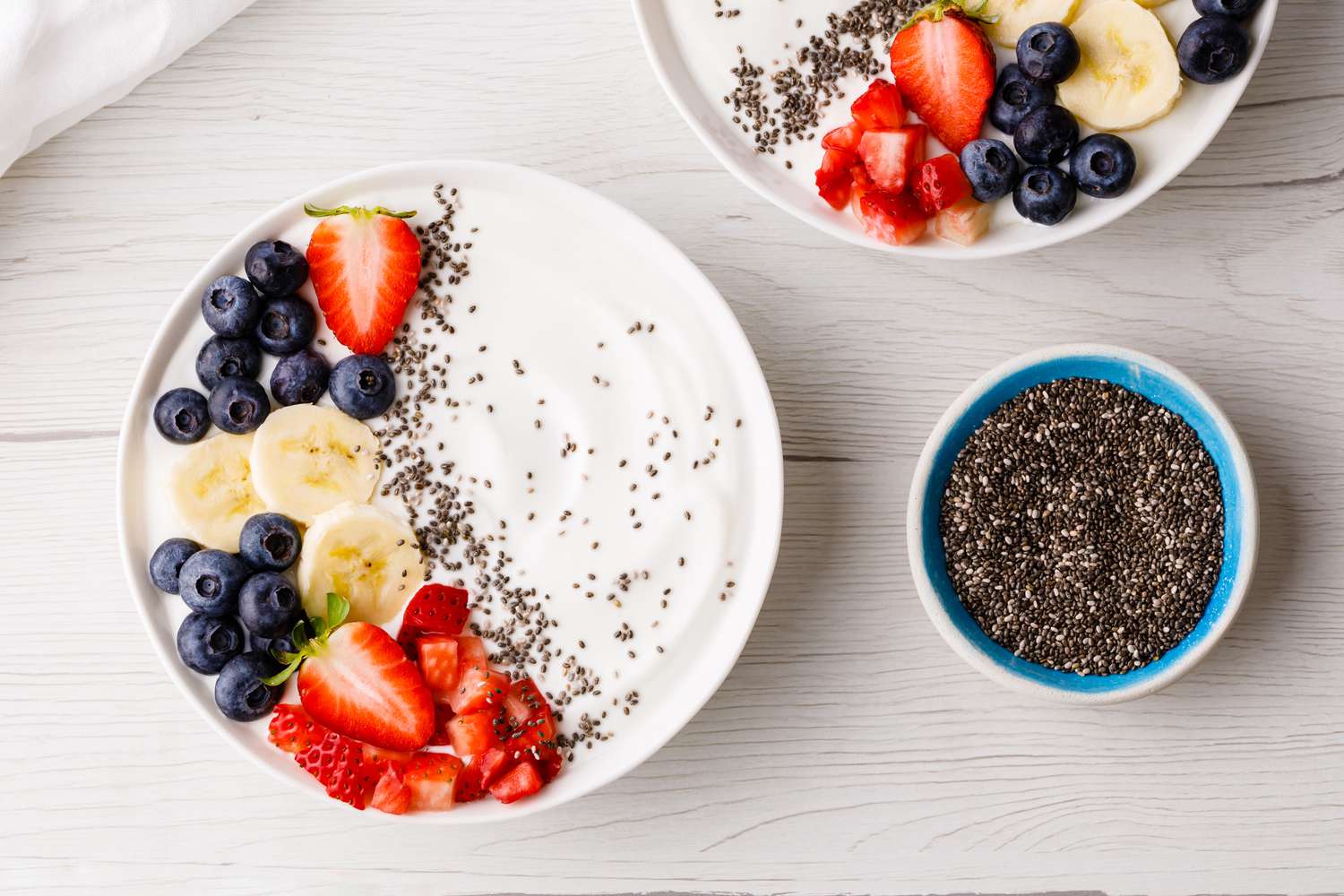
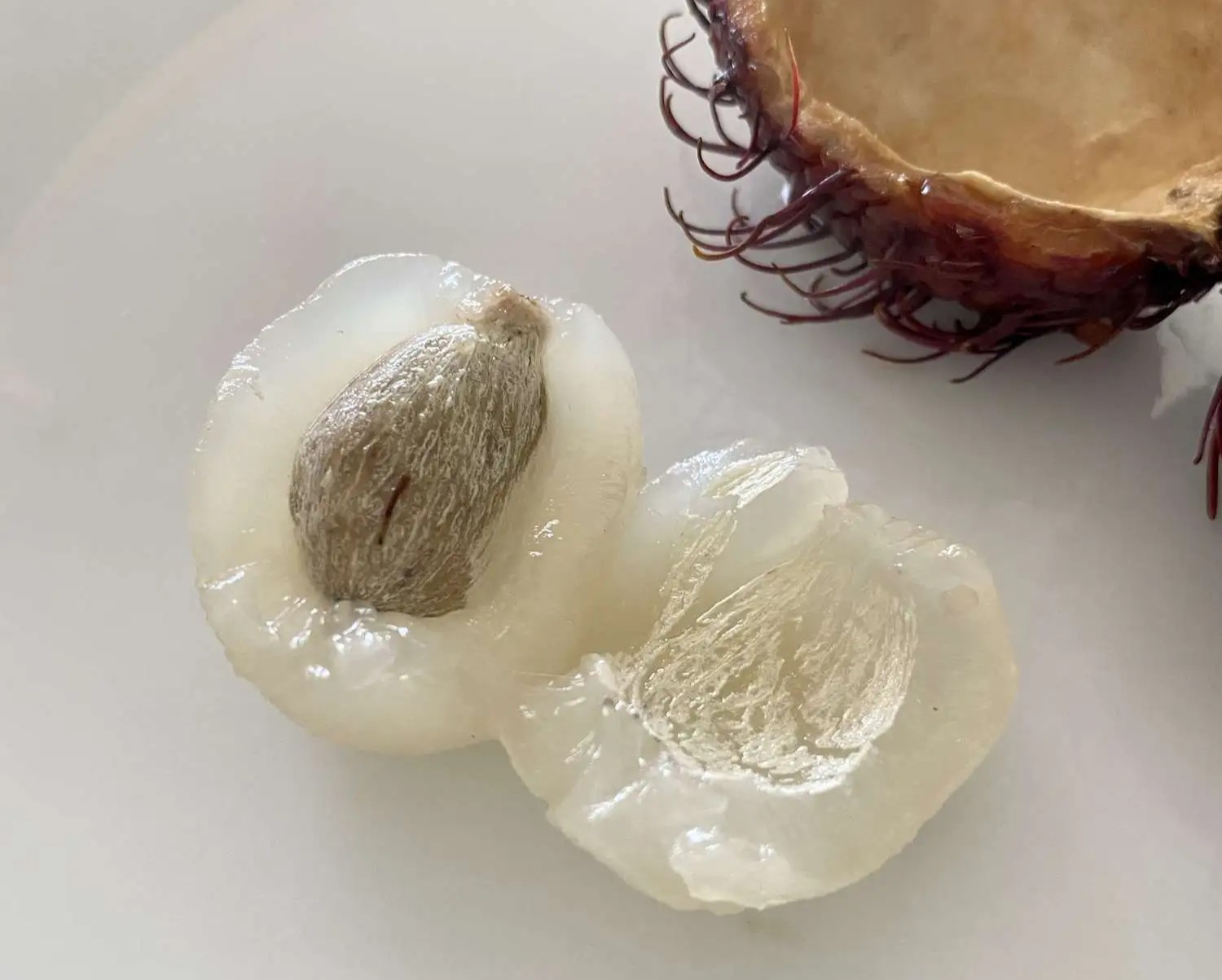
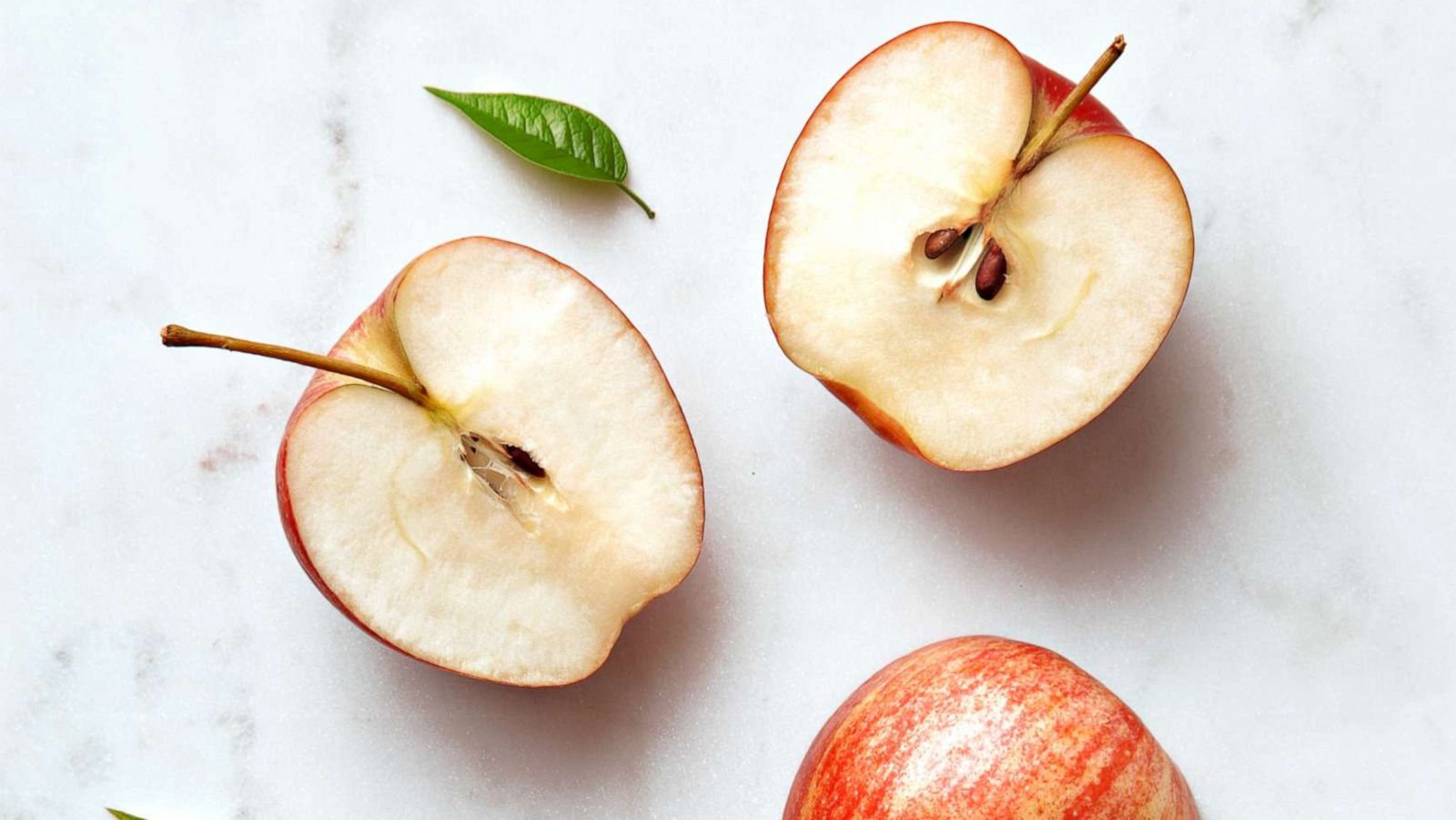
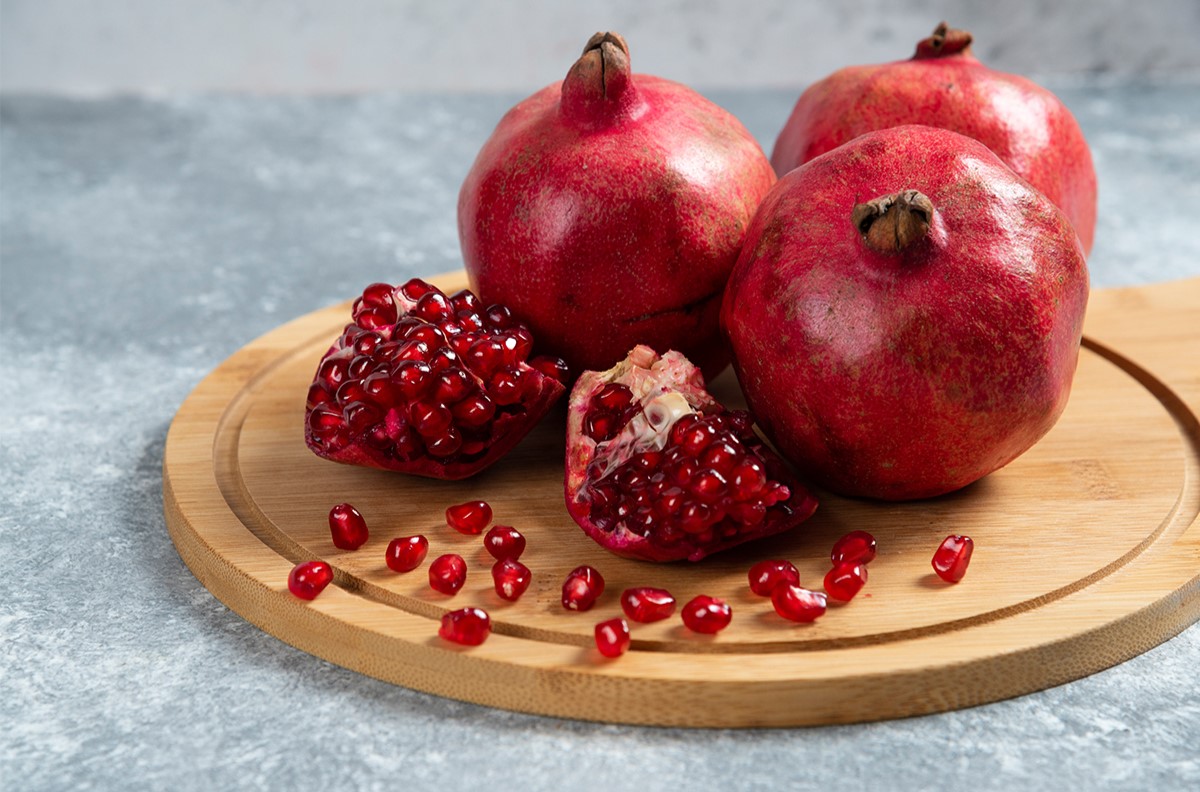
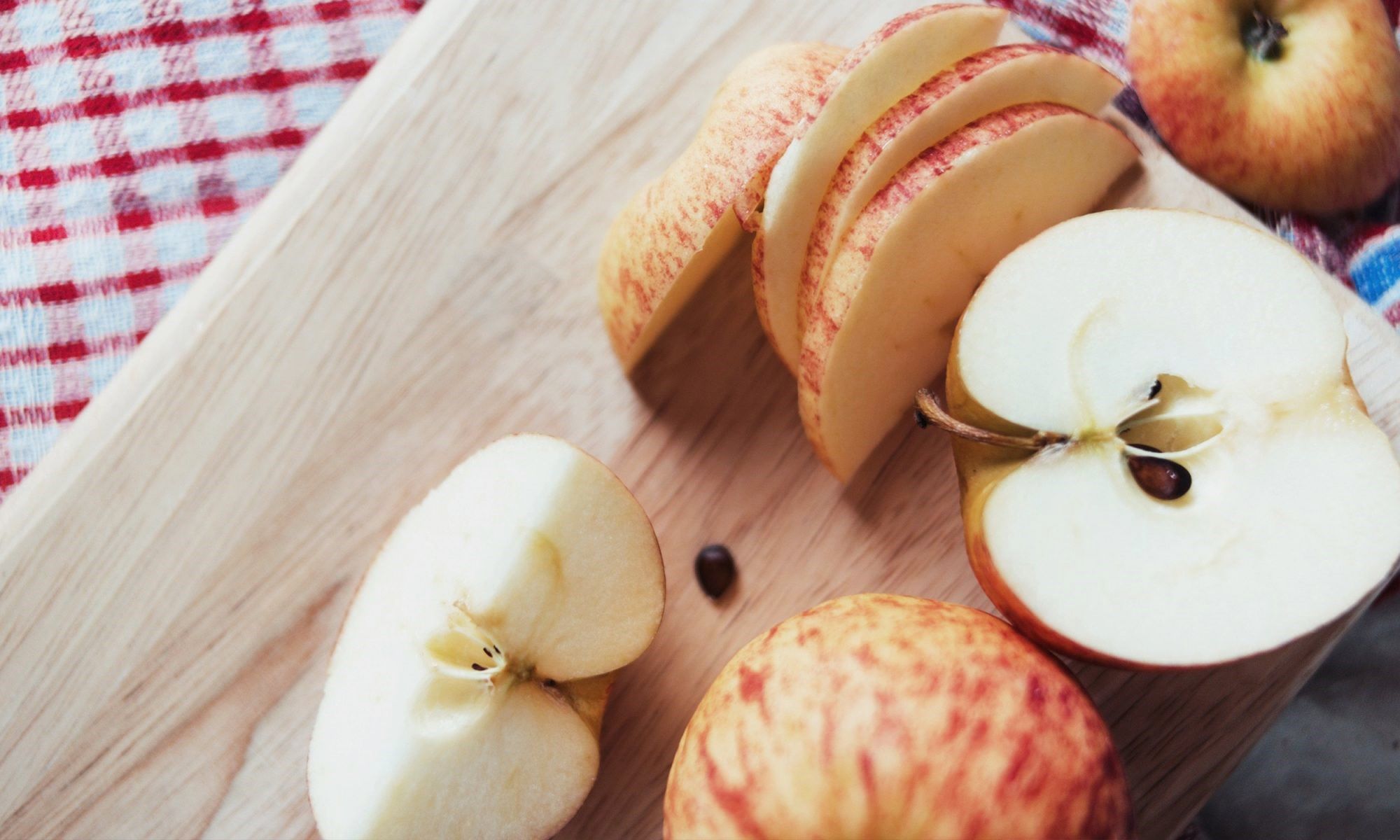
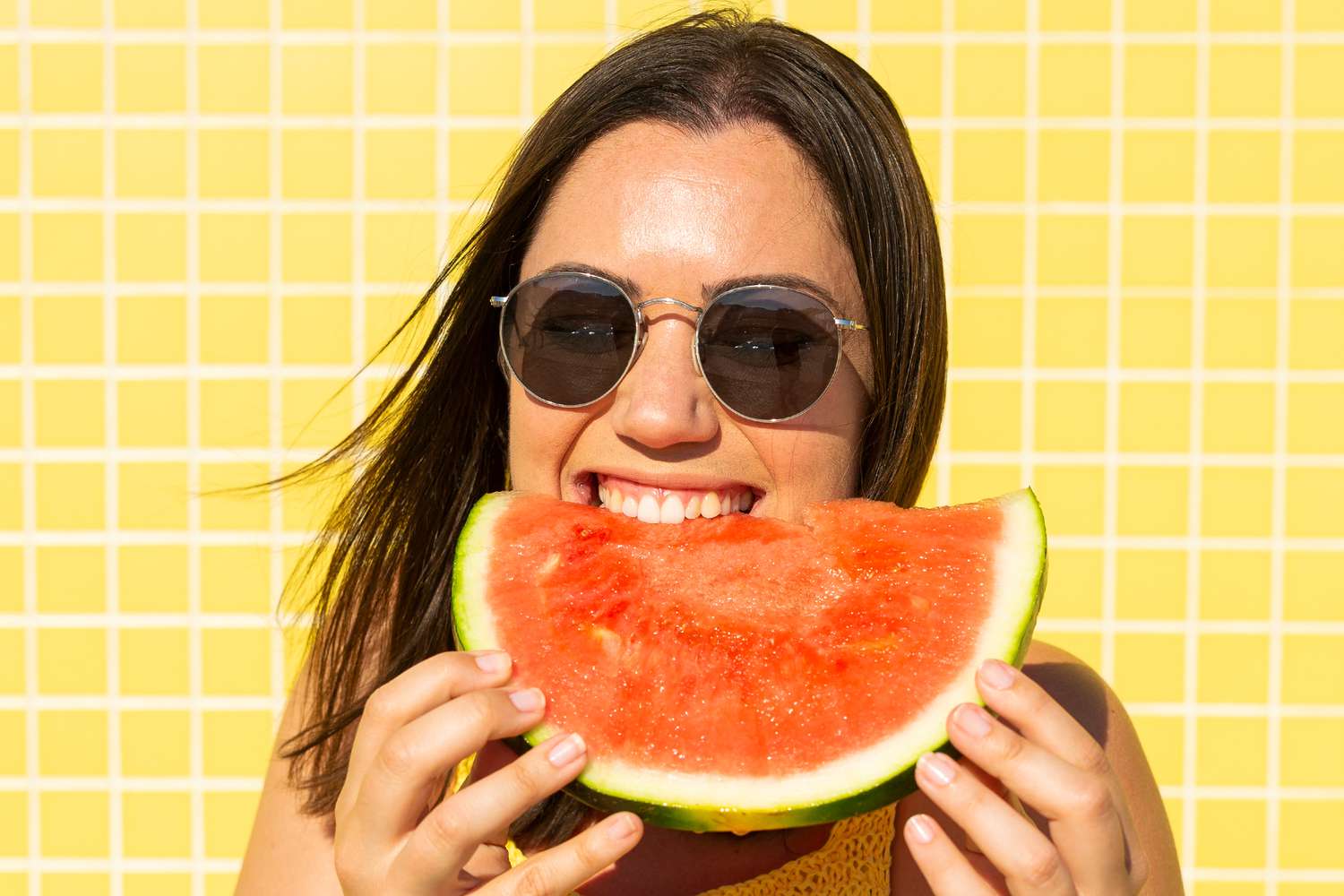
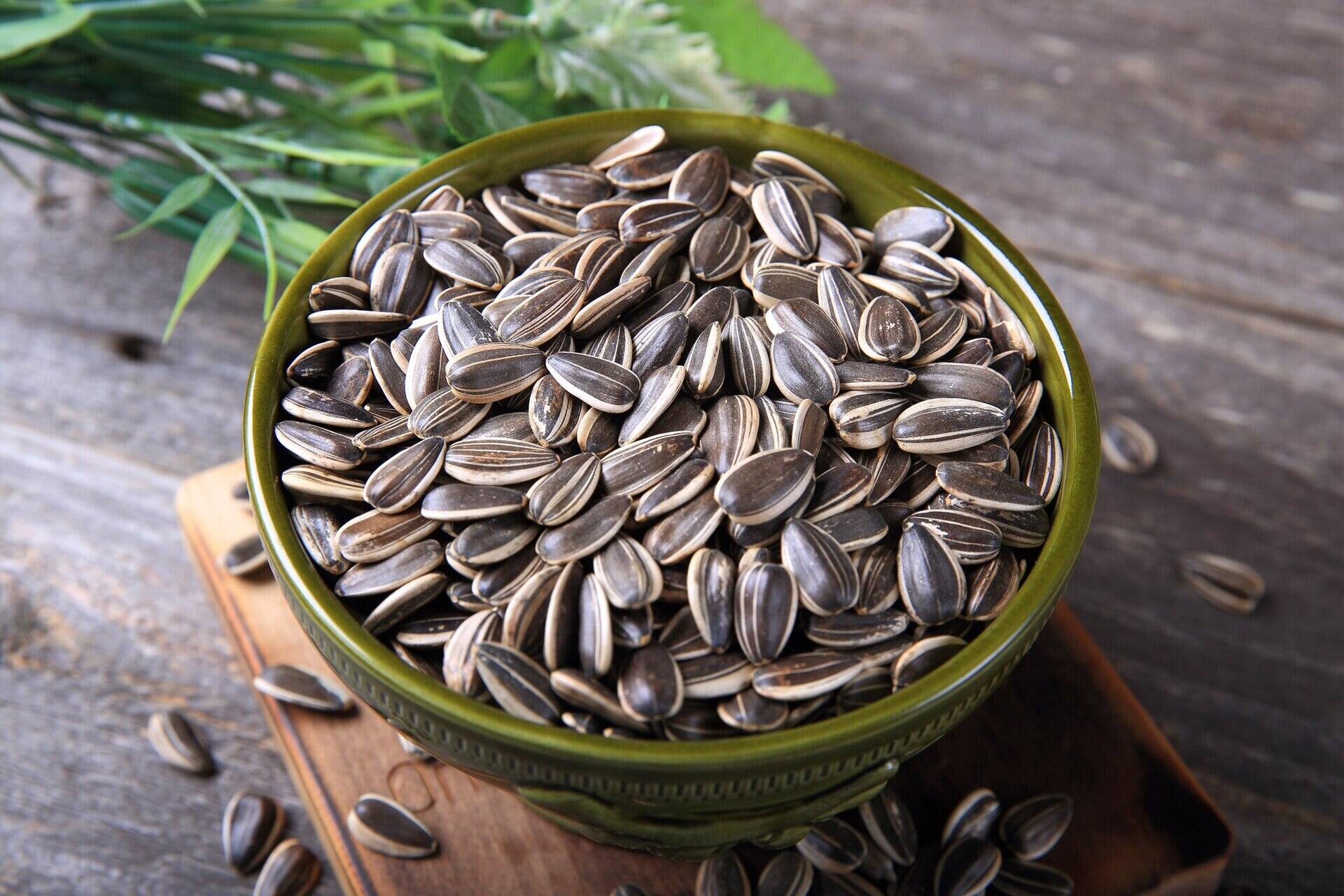

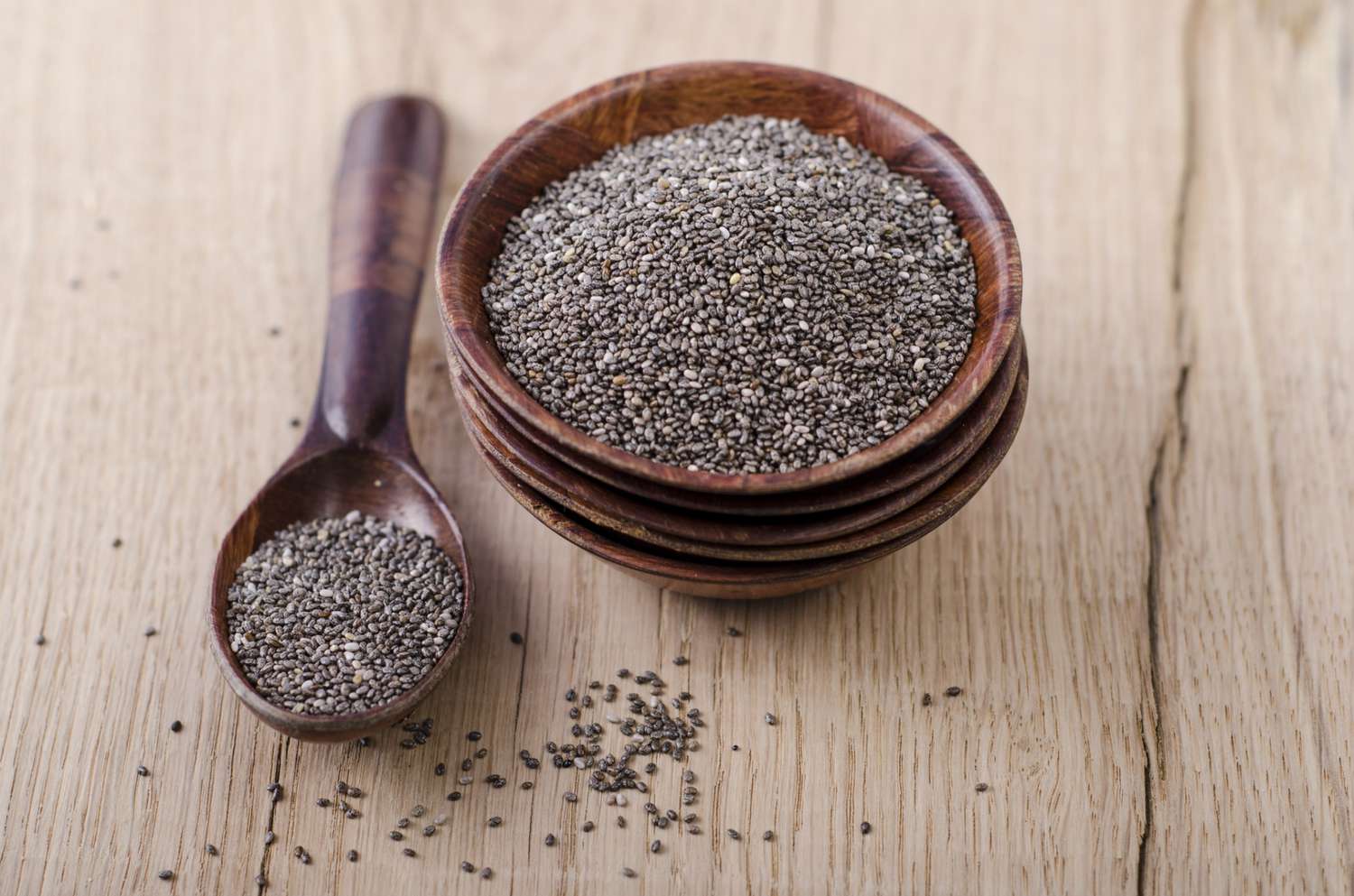
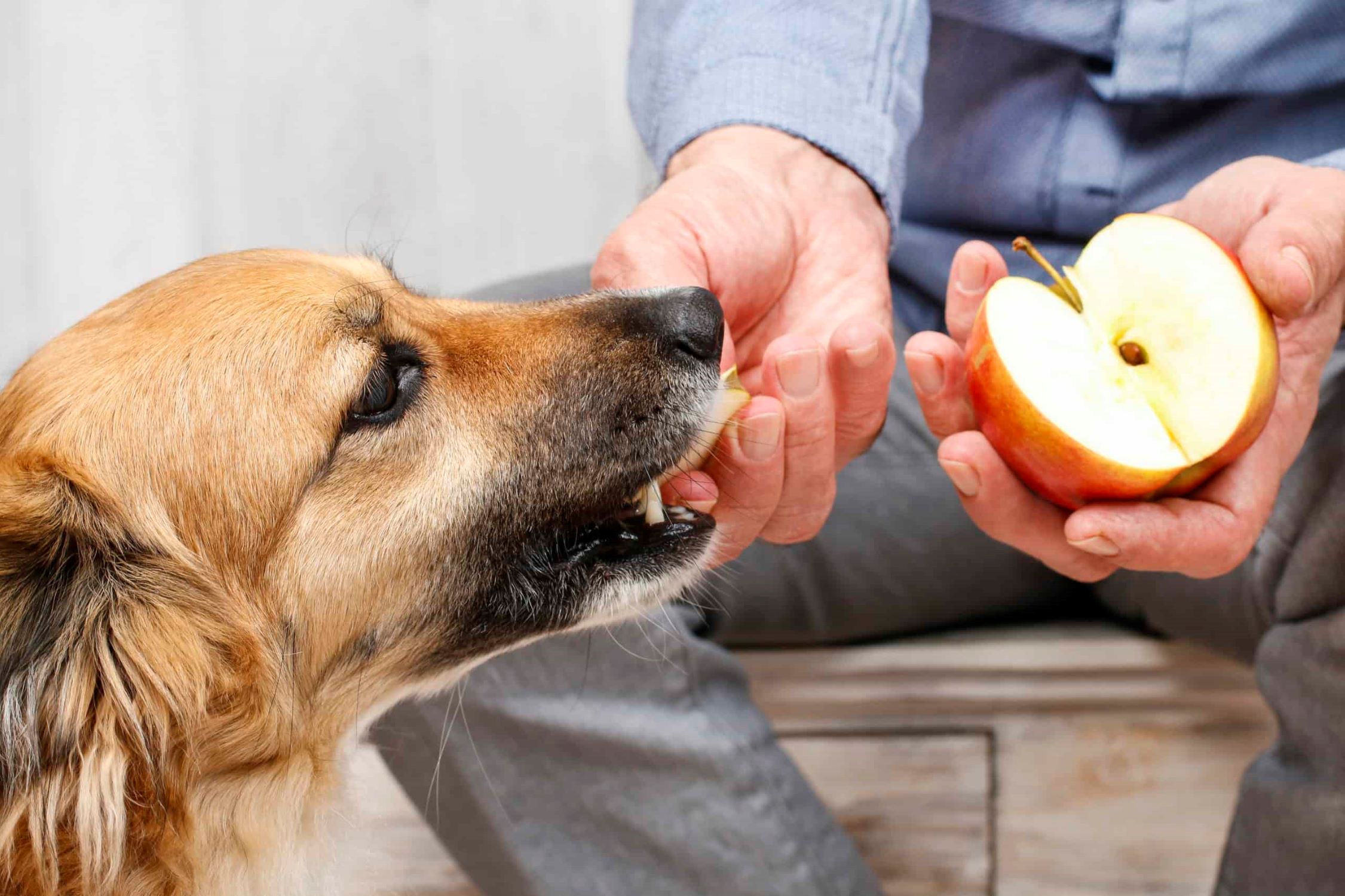

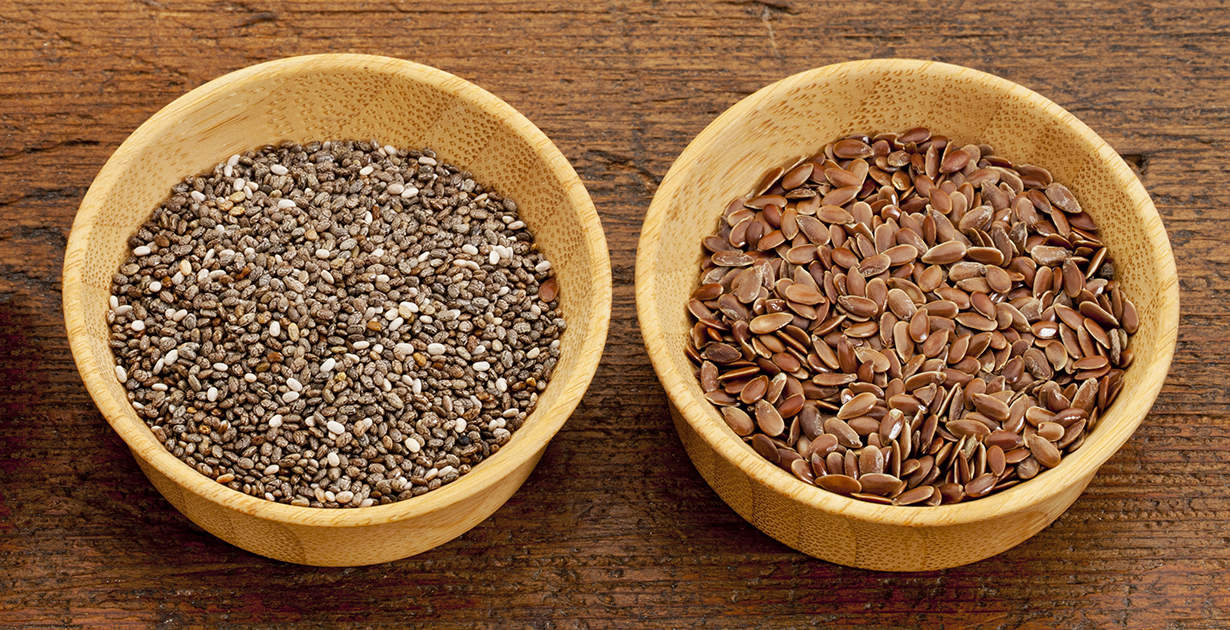

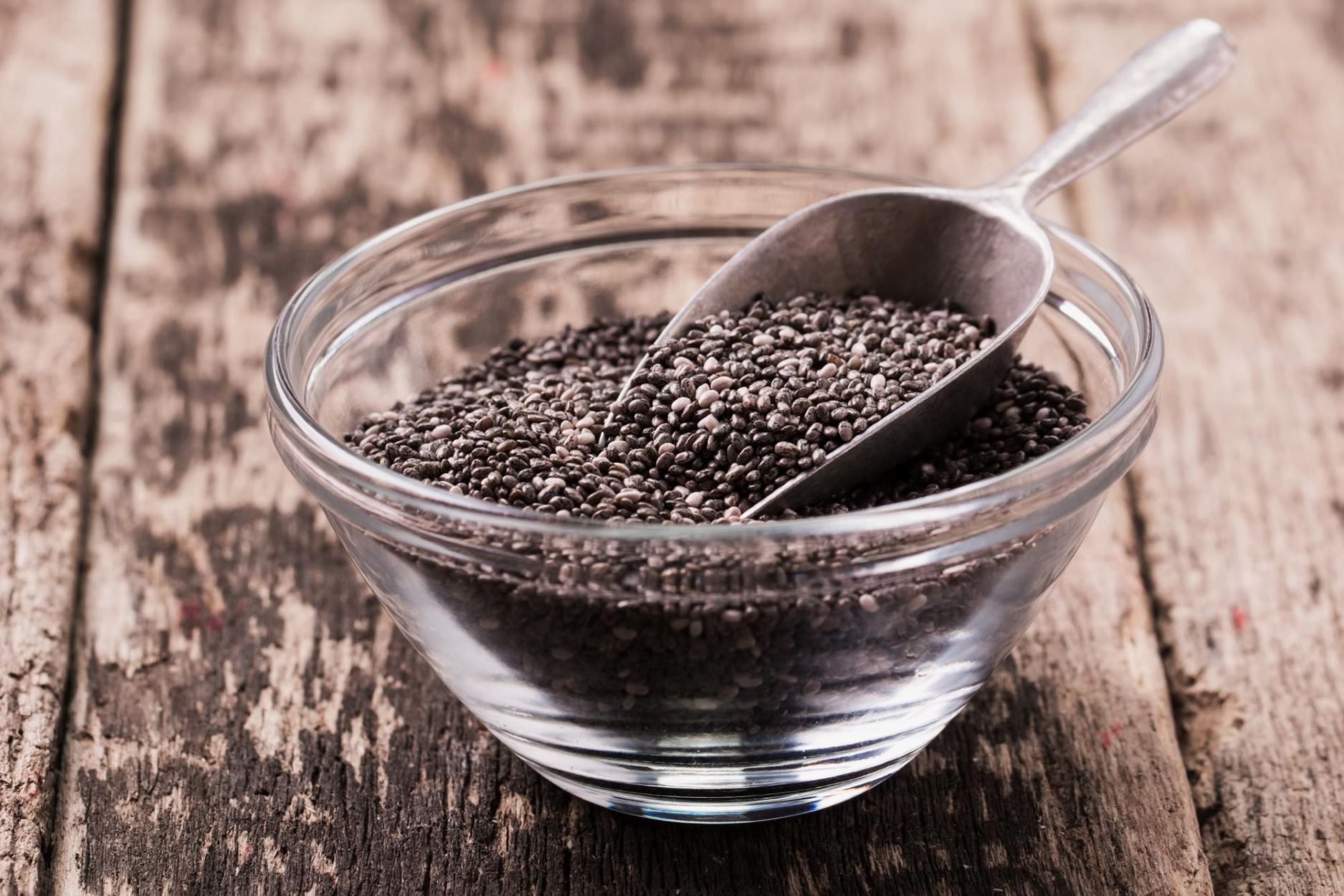

0 thoughts on “What Happens If You Eat Chia Seeds Everyday?”